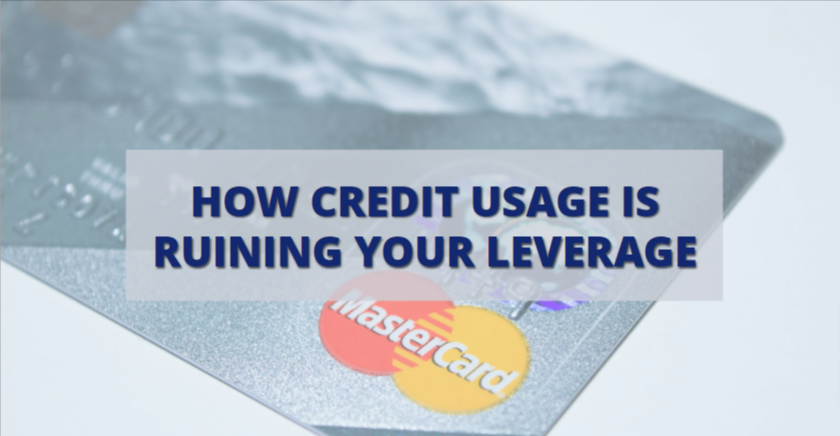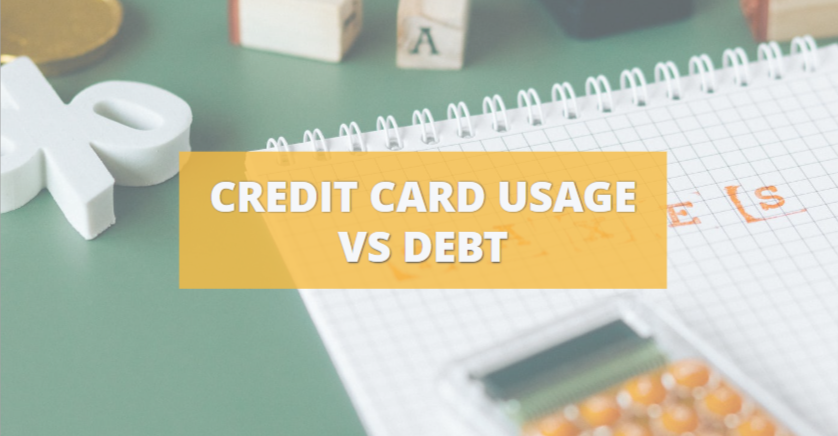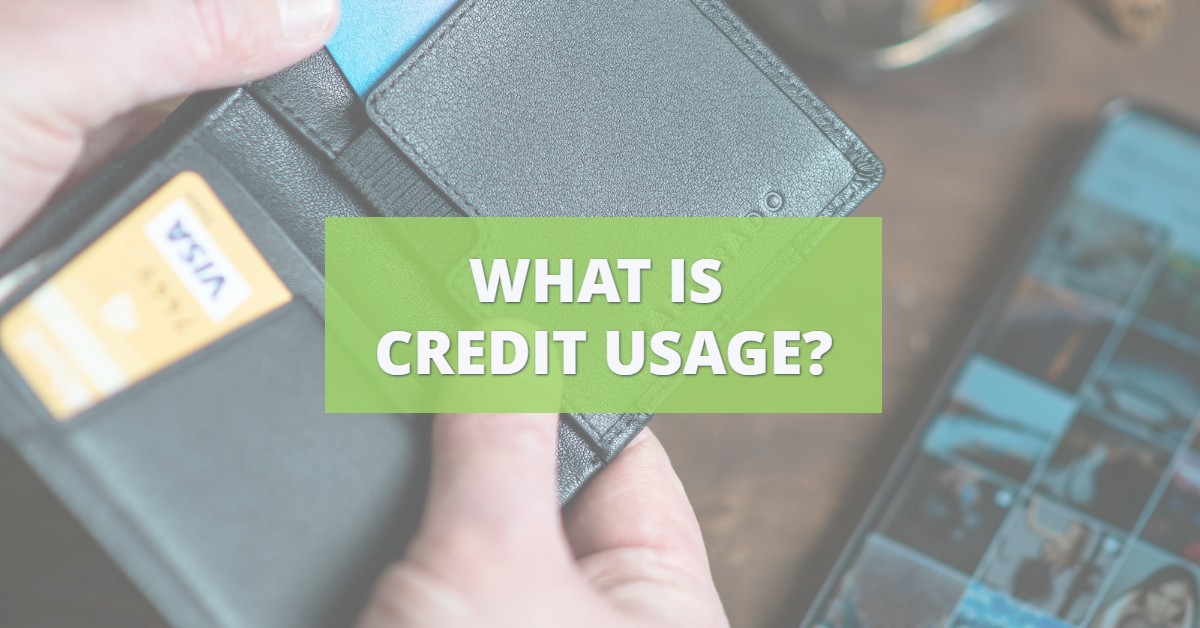Make real estate leverage easy or hard… Your score, your choice.
Leverage is the secret to successful real estate investing. What they say is true: it takes money to make money.
The cheaper, easier, and faster your real estate leverage, the more you’ll enjoy investing.
The number one factor in how cheap, easy, and fast real estate leverage is? Your credit score. Let’s go over how that works.
How Credit Score Impacts Real Estate Leverage
A good credit score will help you find an affordable loan – even if your experience or income is limited. The better the score, the more doors will open for you.
Barriers fall away as your credit score rises. The loan you get with a 780 score is much simpler and cheaper than the one you’d get with a 640 score.
- Cheaper money means you’ll make bigger profits with your deals.
- Easier money means less paperwork and hoops to jump through.
- Faster money allows you to take advantage of good deals when they pop up.
To succeed in real estate investing, you want all three working for your leverage.
Credit Usage vs Real Estate Leverage
Good investors pay their bills on time every month, keep a mix of credit, and practice other good habits that make up their credit score.
One of the most common obstacles that keeps good investors from the best money sources, however, is credit usage.
Credit usage is a percentage that says how much of your credit limit you’re using. Many investors use their personal credit cards to cover the costs of their investment properties. But this usage lowers personal credit scores and raises the cost of doing business.
Poor credit usage is a hidden enemy sabotaging many investors’ careers.
Winning Against Usage
If you’re in this real estate leverage game to win, then you need to understand the rules to win.
Rule #1: Keep your credit score up and your cost of funds down.
One way to do this is to get credit cards off your personal name and into your business name. This allows you to continue using credit cards for projects, but they won’t impact your score in a negative way.
Keeping your credit score safe allows you to obtain cheaper, easier, and faster funding not only for your business but the rest of your life, too. Don’t let your investing business drive up your cost of living.
Where To Go From Here
If you want to learn more about how to obtain business credit cards you can find some great information on our blog.
Check out other real estate leverage information on our YouTube channel.
You can always send us an email anytime with questions about your credit and real estate investing loans at Info@TheCashFlowCompany.com.



